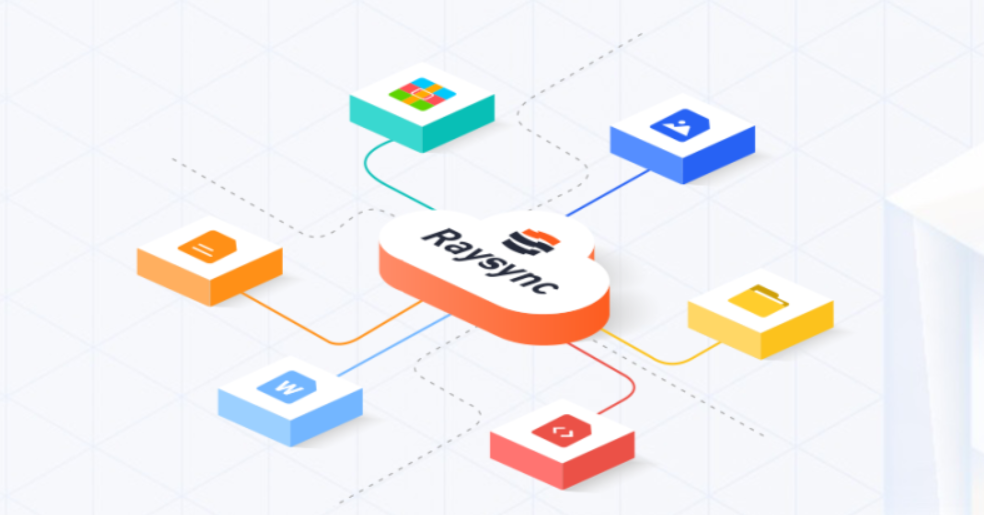How to deal with data transfer security in It industry?
February 16, 2024In the IT industry, data has become the lifeblood of businesses. Every day, there is a large amount of data flowing, and data transfer is like the flow of blood in the body - if it is not smooth, it can lead to diseases. In this digital age, data transfer security has become increasingly important. Whether it is for a company's trade secrets or an individual's private data, data transmission security is of vital significance. This article will explore the threats and challenges of data transfer security in the IT industry and propose measures to address these threats and challenges.
Part 1: Threats and Challenges of Data Transmission Security in the IT Industry
"Data is the new oil" - in the wave of information technology, more and more companies are realizing the value of data. However, during the process of data collection, storage, and transmission, various security risks constantly threaten the data security of enterprises.
• Hacker attacks. Hacker attacks are the most common and dangerous threats in data transmission in the IT industry. Hackers may use various methods such as phishing attacks and man-in-the-middle attacks to steal data being transmitted.
• Internal leaks. In addition to external threats, internal employees may inadvertently or intentionally leak sensitive information, such as mistakenly sending customer information to the wrong email address or providing internal data to third parties for personal gain.
• Technological deficiencies. Due to the constant updates in technology, outdated data transmission technologies may have security vulnerabilities or compatibility issues, thereby affecting the security of data during transmission.
These pose new challenges to data transmission security. Meanwhile, the rapid development of new IT models such as cloud computing and Internet of Things (IoT) has created a complex environment for data security, making data security issues even more challenging.
Part 2: How to address these threats and challenges?
To tackle these threats and challenges, proactive measures need to be taken.
Method 1: Upgrade encryption technology. Use state-of-the-art data encryption techniques such as AES, RSA, etc., to ensure data security throughout the transmission process, making it impossible for unauthorized parties to decrypt the intercepted data.
Method 2: Implement strict authorization and access control systems. Set different levels of access permissions, allowing users to access and process data only after successful authentication. This restricts the data access and operation space of internal employees, effectively reducing the risk of internal leaks.
Method 3: Conduct regular system audits and upgrades. Perform regular audits of existing data transmission systems and protocols, especially targeting known technical vulnerabilities and flaws. Regular system upgrades and maintenance should be carried out to promptly address potential security risks.
Method 4: Establish a data transmission security education and training system. Conduct regular security education and training programs to enhance employee awareness of data security. Help them understand how to identify and avoid potential threats, such as securely handling and transmitting data or recognizing and preventing phishing attacks.
Method 5: Comply with relevant regulations. Each country and region may have its own laws and regulations concerning data transfer security. Businesses should closely monitor and comply with these regulations to prevent legal risks arising from unlawful operations.
Method 6: Design emergency plans. Develop emergency plans and conduct simulations for possible attacks and leaks. This enables swift response in case of incidents, minimizing potential damages.
Method 7: Implement reliable data backup and recovery strategies. Implement effective data backup and recovery strategies to ensure timely recovery of data in case of loss, damage, or tampering, maintaining data integrity.
Part 3: Raysync - The Best Way for the IT Industry to Address Data Transfer Security
Advanced Encryption: Raysync utilizes cutting-edge encryption technology to ensure the confidentiality of data during transfer. Even if the data is intercepted, the true content cannot be deciphered.
Identity Verification: Each data transfer requires a complex identity verification process, significantly reducing the possibility of unauthorized users intercepting and tampering with the data.
Efficient Data Transmission: Raysync significantly reduces data transfer latency compared to conventional methods, improving the efficiency of data transfer.
Flexible Scalability: Raysync is adaptable to different data transmission requirements, whether it's transmitting large volumes of data or quickly transmitting small amounts of data.
Comprehensive Data Backup and Recovery: Raysync regularly backs up data during transmission, enabling quick recovery in case of data loss or damage.
Therefore, Raysync is the ideal choice for the IT industry to address data transfer security, considering its strong focus on the security, reliability, and efficiency of data transmission.
Conclusion
In summary, data transfer security is a challenge that every IT industry practitioner must face. Effectively addressing these threats and challenges and ensuring secure data flow has become an essential task for enhancing business competitiveness. Moreover, we have seen the emergence of excellent solutions, such as Raysync, within the industry. It provides us with effective tools to address data transmission security issues. With implementing the right measures and actively addressing these challenges, ensuring secure data transmission is within reach.
You might also like

Raysync News
February 19, 2024With the growing demand for video transmission, how to efficiently and securely transmit large video files has become an important issue for companies in the film and television industry.

Raysync News
January 24, 2024The connectionless and unreliability of UDP also brings a series of challenges, especially when the data transfer speed is too fast. This article will explore these problems and introduce the solution.

Raysync News
June 5, 2023Raysync release new version v6.6.8.0 version, let's see what's news.